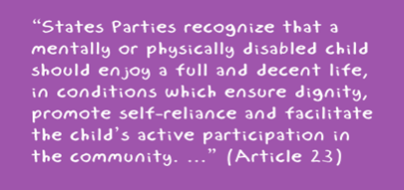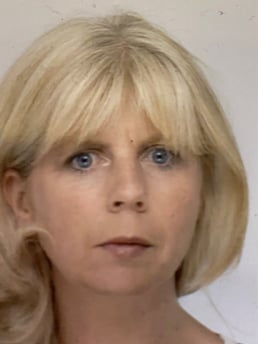The hand that rocks the cradle rules the world, early years educators are instrumental in shaping a tolerant, inclusive society.
The hand that rocks the cradle rules the world seems like a cliché.
However, the role of early years educators cannot be underestimated.
Governments internationally and here in Ireland have become increasingly aware of the role the early years educator plays in society and have increasingly given responsibilities to educators with a myriad of social, economic, and political objectives, including inclusion, alleviating poverty, and improving outcomes for children.
Public spending in early childhood has been identified as an excellent return on investment.
Without digressing into a discussion on the social investment paradigm, which opened government purse strings to increase spending on early childhood, this blog will focus on why early childhood needs passionate, qualified early years educators to realise the government policy aspiration to create an inclusive early childhood system where all children including those with additional needs are welcome, included and supported to meaningfully participate and realise their potential.
Early childhood is internationally recognised as a critical time in all children’s learning and development.
Childhood lasts a lifetime. The experiences children have in early childhood not only shape their future but that of society.
If we want to build an inclusive tolerant, kind, and understanding society, this must start in early childhood, in a childhood that recognises the rights of all children.
Inclusive early childhood education recognises the right of all children, regardless of ability, to meaningfully participate in all activities, including education, alongside their peers.
By recognising children’s right to be included and meaningfully participate in early childhood, we plant the seeds for a tolerant, kind, and inclusive society.

Establishing inclusive classrooms depends on early childhood educators' knowledge, skills, and attitudes.
We need to have the most passionate and qualified educators if we aspire to establish a high-quality inclusive early childhood sector.
For too long special educational needs and inclusion were overlooked in early childhood qualification programmes.
When children presented with additional needs in their classrooms, early years educators felt ill-equipped to respond.
This situation left educators feeling overwhelmed and under-resourced and many children with additional needs found themselves excluded and deprived of their right to enjoy their early years alongside their peers.
The year 2016 was critical in inclusive early childhood education in Ireland with the launch of the Access and Inclusion Model (AIM) and the accompanying Charter for Diversity, Equality and Inclusion Guidelines and Charter.
The AIM model and accompanying charter established the knowledge and skills of the educator as the most critical determinant to establish inclusive early years environments.
With the increased recognition of inclusion in early childhood, now is the time for educators to be supported to undertake qualifications focusing on equality and inclusion.
About the Author
Dr Criona Blackburne has worked in education for over 30 years, specialising in early childhood for almost 20 years.
As an owner of an early years setting, a lecturer and an early years specialist she has a strong understanding of early childhood and is a strong advocate for inclusion.
Criona believes that the realisation of high-quality inclusive early childhood environments lies in the skills, attitudes and education of the early years' educator.
Her doctoral studies highlighted the need for an increased focus on Orientation Quality, which highlights the critical role the educator plays in quality development and how the education, dispositions, attitudes, skills and well-being of the educator need to be nurtured.
This has led to her work advocating for Orientation Quality through using the Capabilities Approach.
Criona has a strong passion for supporting the development of early years educators through her work as an owner, lecturer and specialist.
She believes that educators need opportunities to extend their learning and skill sets through accredited learning opportunities, CPD and Communities of practice, where they can engage in theoretical frameworks, critical discussions and reflection on practice to position them to respond effectively to the complex dynamics of early years classrooms.

Did You Know?
At Portobello Institute, we help you to follow your passion and fulfil your potential to achieve the career you want.
We have a range of courses commencing in Spring 2023 that will further your knowledge and career in the early years sector.
- BA (Ord) Early Childhood Studies, information available here
- BA (Hons) Early Childhood Studies, information available here
- BA (Hons) Inclusive Education Practice, information available here
- MA Early Childhood Studies, information available here
- MA Inclusive Education & SEND, information available here
We also offer a comprehensive range of QQI level 5 and 6 early years and Montessori courses. You can find out more by visiting the department page here.
If you are interested in any of our early years and Montessori courses or have any questions you can book a consultation call with our expert advisor Jennifer Matteazzi here, email jennifer.matteazzi@portobelloinstitute.com or call 01 892 0031.



.png?width=1200&name=Michelles%20Blog%20Feature%20Images%20(44).png)
.png?width=352&name=Portobello%20blog%20-%20%20featured%20image%20(3).png)
.png?width=352&name=Sports%20Science%20feature%20image%20(9).png)